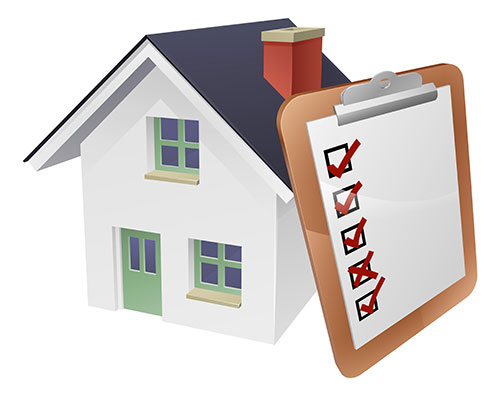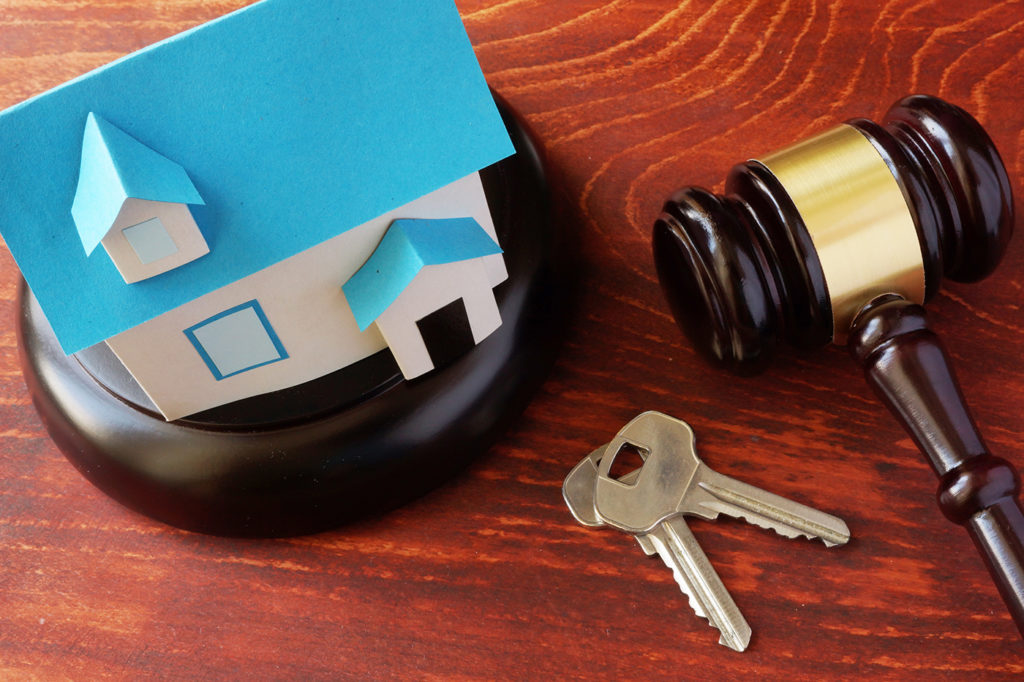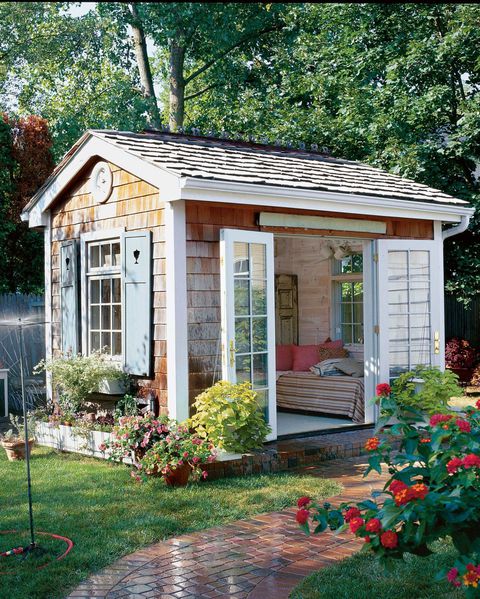Neighborly Advice in Chester County PA

In days gone by, when someone moved into the neighborhood, casseroles, cookies, local information and cookout invites were offered by residents up and down the street. With so many differences in today’s society, some people never even see their neighbors, let alone know their names. Even if we don’t have “good” neighbors, let’s see how we can be one:
Generally Speaking
-
- First and foremost, keep your lawn and home maintained. Don’t spend your first Saturday morning in the neighborhood mowing grass or hammering away at a project at dawn, but keeping your yard neat and your home looking good will let the other residents know you care about your home and community.
-
- Noise plays a factor, especially if homes in the neighborhood are close together. Keep music, children and animals quiet after 10 PM, and if you’re having a backyard gathering, take it inside if guests are still with you late into the evening.
-
- Pets are a part of our families, but not everyone loves your frisky pup like you do. Keep dogs and cats off your neighbors’ property, and install fencing in the backyard if it’s not already there. Clean up after your pet on walks.
-
- Find out when trash pick-up is and take your cans to the curb on time. No one wants to see (or smell!) overflowing cans or bags of garbage piled along the curbside.
Getting to Know You
-
- Once you’ve gotten partially settled, if you see someone outside, introduce yourself. Even if the neighbor doesn’t seem to want to be best friends, you can at least share what you do for a living, your name and phone number, so they’ll know your general schedule and how to get in touch with you if necessary.
-
- Weather permitting, host a front porch gathering, and invite your neighborhood. Offer light refreshments for the meet-and-greet, and have it in the afternoon before dinner time so no one feels pressured to stay.
-
- Create a social media neighborhood group or join an existing one. It’s a good way to see what’s going on, as well as getting to know those who don’t live in your immediate vicinity.
-
- Communication is key when it comes to your neighborhood. Let your closest neighbors know when you’ll be away, having a tree removed, planning on new construction, when you’re having a party, (invite them, whether they show up or not!), garage sale, or any other activity that can affect them and their surroundings.
When you’re on a friendly basis with everyone on your street, it sure makes living there a lot easier. Keep in mind the golden rule to treat others the way you’d like to be treated, and others will see that you’re respectful and friendly. You’ll be helping not only keeping your community a great place to live, but living peacefully amongst your neighbors.
Courtesy of Chester County PA Realtor Scott Darling.
Photo credit: cbjenihomes.com













